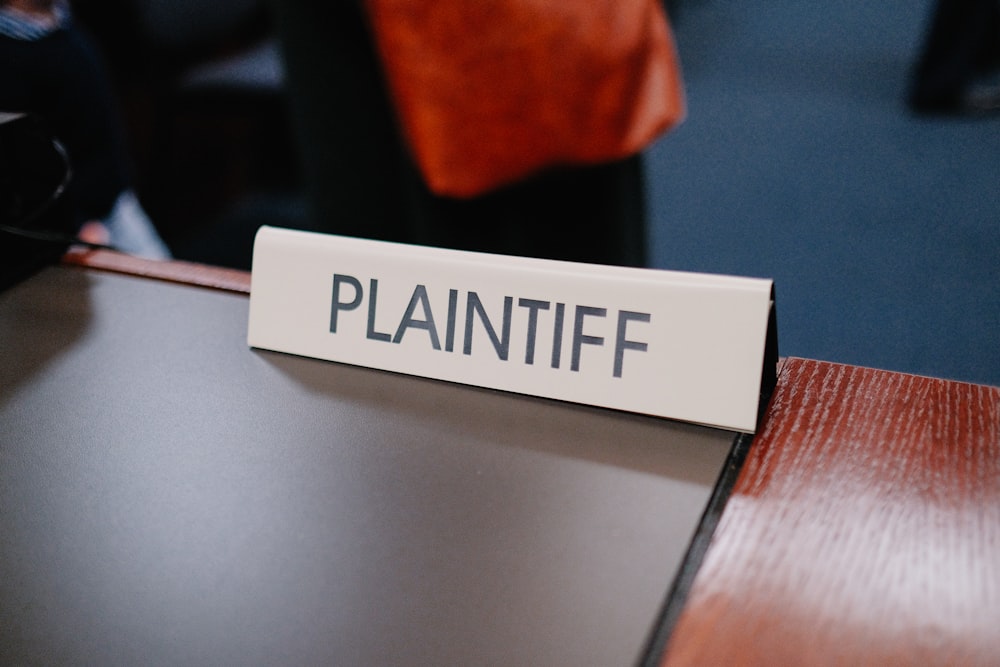Understanding Non-Catastrophic Injuries: Key Insights
The Nature of Non-Catastrophic Injuries
Non-catastrophic injuries, although less severe than catastrophic ones, can still have significant impacts on individuals’ lives. These injuries encompass a wide range of conditions, including fractures, sprains, strains, concussions, and soft tissue injuries. While they may not result in permanent disability or life-threatening consequences, non-catastrophic injuries can cause pain, discomfort, and functional limitations that affect daily activities and quality of life.
Assessment and Diagnosis
Proper assessment and diagnosis are crucial for effectively managing non-catastrophic injuries. Medical professionals use various diagnostic tools and imaging techniques, such as X-rays, MRI scans, and physical examinations, to evaluate the extent and severity of the injury. This process helps determine appropriate treatment plans and rehabilitation strategies tailored to each patient’s needs.
Treatment Options
Treatment for non-catastrophic injuries varies depending on the type and severity of the injury. Common treatment modalities include rest, physical therapy, medication, bracing or splinting, and in some cases, surgery. The goal of treatment is to alleviate pain, restore function, and promote healing to facilitate the patient’s recovery and return to pre-injury activities.
Rehabilitation and Recovery
Rehabilitation plays a vital role in the recovery process for individuals with non-catastrophic injuries. Physical therapists and rehabilitation specialists design personalized exercise programs to improve strength, flexibility, and range of motion, while occupational therapists focus on restoring functional abilities for daily tasks. Rehabilitation may also include pain management techniques, ergonomic adjustments, and assistive devices to support the patient’s recovery journey.
Emotional and Psychological Impact
Non-catastrophic injuries can have significant emotional and psychological effects on individuals, as they may experience frustration, anxiety, depression, or feelings of helplessness due to their injury-related challenges. It’s essential for healthcare providers to address these emotional aspects of recovery and provide patients with the support and resources they need to cope effectively with their injury-related stressors.
Legal Considerations
In addition to the physical and emotional aspects, non-catastrophic injuries may have legal implications, especially if they result from accidents or incidents caused by another party’s negligence or misconduct. In such cases, individuals may have the right to pursue compensation for medical expenses, lost wages, pain and suffering, and other damages through personal injury claims or lawsuits. Consulting with experienced legal professionals can help individuals understand their rights and options for seeking legal recourse.
Challenges in Seeking Compensation
While seeking compensation for non-catastrophic injuries is possible, it often involves various challenges, including proving liability, quantifying damages, and navigating complex legal processes. Insurance companies may dispute claims or offer low settlement amounts, requiring injured individuals to advocate vigorously for their rights and interests. Working with skilled personal injury attorneys who specialize in non-catastrophic injury cases can help individuals overcome these challenges and pursue fair compensation effectively.
Importance of Early Intervention
Early intervention is key to maximizing recovery and minimizing long-term consequences for individuals with non-catastrophic injuries. Seeking prompt medical attention, following recommended treatment plans, and actively participating in rehabilitation can significantly improve outcomes and enhance the likelihood of a full recovery. Delaying treatment or neglecting symptoms may exacerbate injuries and prolong recovery time, underscoring the importance of proactive healthcare management.
Community Support and Resources
Navigating the challenges of non-catastrophic injuries often requires support from family, friends, healthcare professionals, and community resources. Local support groups, rehabilitation centers, and social service agencies can provide valuable assistance, information, and emotional support to individuals and families coping with non-catastrophic injuries. Building a strong support network can help individuals feel empowered, connected, and better equipped to overcome the challenges they face during their recovery journey. Read more about non catastrophic injury










